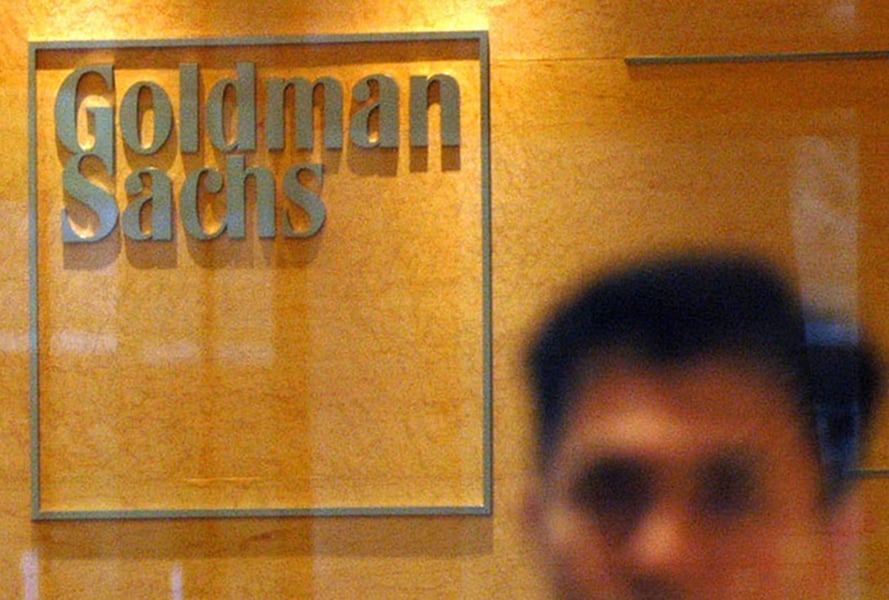The best time to get hired to manage a billionaire's money is while your firm is helping to create that fortune.
That's the thinking behind Goldman Sachs Group's push to have its deal-makers help the bank's wealth managers land new clients. The aim is to leverage the company's dominance advising on acquisitions and equity offerings to narrow the gap with larger rivals in catering to the world's richest.
Goldman's annual client growth tends to come from those who recently made fortunes by selling companies or taking them public with the help of the investment bank, said Christopher French, who heads private wealth management in Europe, the Middle East and Africa.
"We're very much focused on the origination of new clients," he said in an interview at the firm's annual Charity Forum. While there's no formal commitment or expectations that newly liquid entrepreneurs use the bank's wealth management services, "it's obviously a very positive introduction," Mr. French said.
Fresh relationships are crucial for the unit as the bank embarks on a plan to gin up $5 billion in new revenue over the next three years. The investment management division, which houses the asset management arm and wealth managers, is responsible for 20% of that growth.
Banks like Credit Suisse Group AG have sought to integrate wealth management and investment bank offerings to win the most lucrative clients.
(More: Winning over the ultra-rich means cutting them in on mega deals)
Goldman's private wealth management unit works with individuals, families, foundations and endowments that typically entrust more than $40 million with the firm. But that's not nearly enough to meet its lofty goals.
Larger rivals like
Morgan Stanley and Bank of America Corp.'s Merrill Lynch target a wider swath of clients and each manages more than $2 trillion. Goldman handles just $458 billion, a mere 2% of the total ultra-high-net-worth market, according a May 31 presentation.

"Trying to win over the investment-banking clients for their private wealth business isn't going to make them catch up with Morgan Stanley or Merrill," said Danny Sarch, a wealth management recruiter for more than three decades. "But that might not be what they're going for. The issue is whether it will help them win more investment banking. When it works, it truly is synergistic."
Goldman Sachs controlled the biggest share of the global market for public share offerings announced last year, advising on 363 IPOs and follow-on offerings totaling $30.4 billion. It helped lead the $3.4 billion Snap Inc. IPO, which made billionaires of co-founders Evan Spiegel and Bobby Murphy, and this year's offering from Dropbox Inc., which cemented 10-digit fortunes for founders Drew Houston and Arash Ferdowsi.
Snagging clients through liquidity events can also yield a double scoop for Goldman's private bank. Many of those who trust the firm with their personal funds will also enlist it to manage their philanthropy.
(More: Billionaires donating to a Goldman charity unmasked by IRS error)
"If somebody's about to make several million from a dotcom IPO, one of the first conversations they almost always want to have is about setting up or managing their charitable foundation," Mr. French said.
Philanthropy is a fast-growing segment for New York-based Goldman Sachs, said Wayne Hawkes, executive director in the bank's charity investment group. More than 10% of the wealth division's assets belong to charities or foundations, many of them endowed by wealthy individuals. The bank's approach to charities is broadly similar to how it caters to its millionaires and billionaires, advising on asset allocation and investment opportunities.
As long-term investors, charities tend to embrace risk more than ultra-high-net-worth clients, Mr. Hawkes said. Yet their willingness to ride out volatility needs to be tempered with the realization that they can't withstand a severe market downturn.
(More: Goldman Sachs poses new threat to active mutual fund managers)








